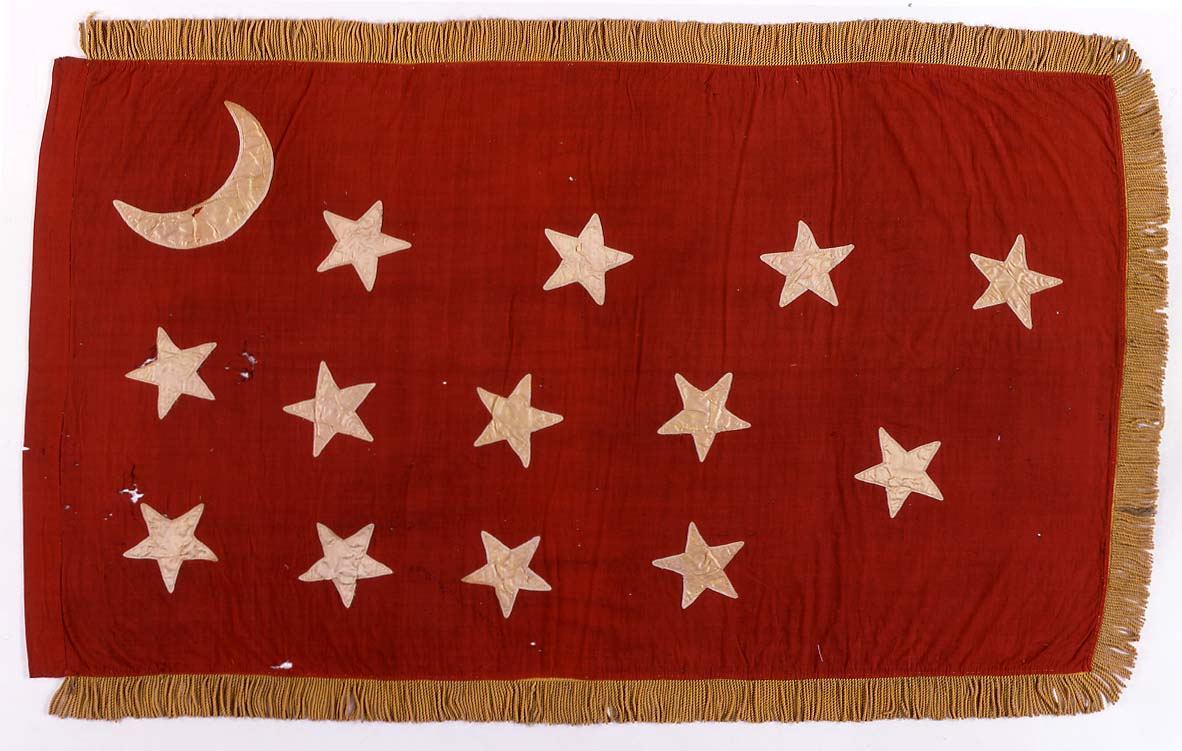By Jamie Cooper
On this day in 1861, the rebel government gained another member state into its Confederacy. Arkansas seceded with 69 of 70 delegates voting for the ordinance of secession. This vote came shortly after President Lincoln called for 75,000 volunteer troops to respond to the bombardment of Fort Sumter. Arkansas’ secession surprised some northern observers. The secession came only a few weeks after many Arkansans publicly professed strong Union sentiments. Much like North Carolina and Virginia, those feelings in Arkansas faded quickly after the April 15call for troops. Many Arkansans in the Ozarks or the western region of the state did not own slaves and still held strong patriotic feelings for the Union. The lowlands of eastern Arkansas provided more suitable land for growing cotton. Thus, most secessionists’ feelings came from this region, where slave ownership reined. Western Arkansans were more connected with the upper south compared with their brethren in the east of the state who had migrated primarily from Louisiana and Mississippi.
Arkansas was the 25th state to join the union only 25 years prior to the start of the Civil War. Its state government still relied heavily on the federal government for assistance in 1861. But Arkansas Governor Henry Rector felt pressured to secede after Mississippi, Texas, and Louisiana withdrew from the Union. With its neighbors already a part of the Confederacy, Arkansas’ water access was cut down to only its Mississippi River border. The secession efforts of the surrounding states put its state government in a quagmire. That all changed when President Lincoln called for 75,000 volunteers. The sharp turnaround of public opinion on secession allowed the governor to make a much easier decision to secede, and the state became the ninth to leave the Union on May 6, 1861. Arkansas now relied on the Confederate government for assistance. As the war raged on, many Arkansans’ loyalty to the Union increased. Numerous lukewarm secessionists joined the Union ranks after the fall of Little Rock, the state capital in 1863. Arkansas had no strategic importance for the Confederacy, thus no major battles were fought on its soil. However insignificant the CSA government might have thought the state was, Arkansans provided the Confederacy with several thousand soldiers to fight. Many of those soldiers were with General Johnston when he surrendered his army to General Sherman on April 26th, 1865. After the fall of the Confederate States, Arkansas was allowed to rejoin the Union on June 22, 1868.
Pictured: Van Dorn Flag, commonly displayed and carried by Arkansas soldiers (Confederate)
Mr. Cooper is the Senior Visitor Services Associate at President Lincoln’s Cottage.
Image Source: www.moc.org

